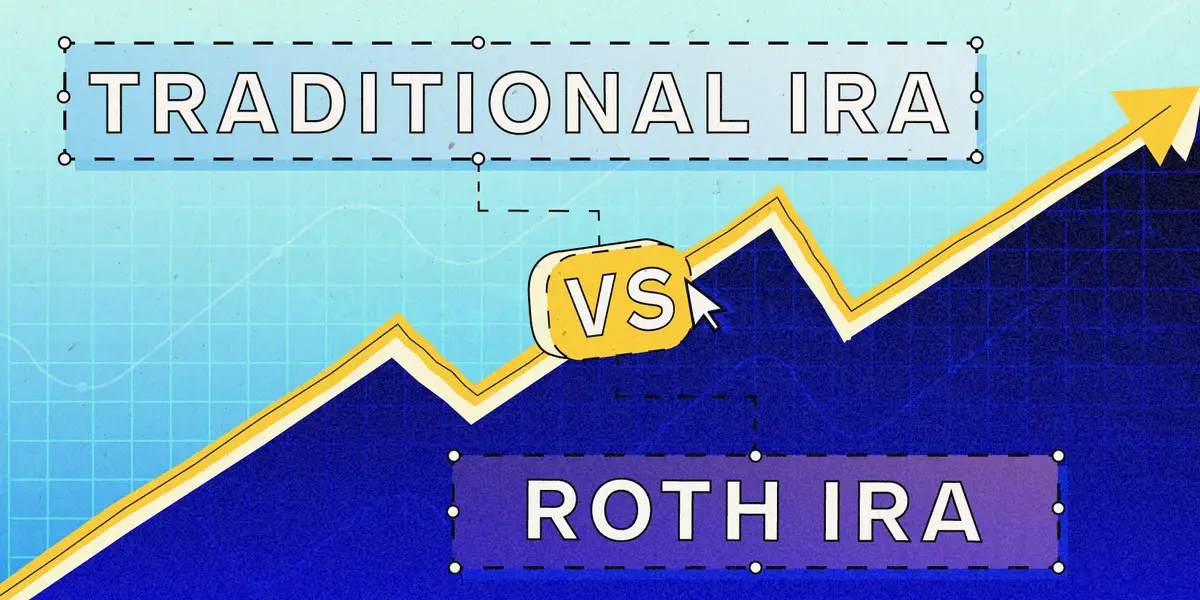The Roth vs. Traditional Debate

July 27, 2017 / Signature Wealth
This week the Wall Street Journal reported on a recent Harvard study about the savings habits of people using Roth 401k contributions vs. traditional pre-tax 401k contributions. In a nutshell, the researchers are stating that people contribute roughly the same money whether they are saving pre-tax or after-tax in the Roth option. Because the Roth savings all come out tax-free, the Roth nest-egg is more valuable.
From the article, lead author John Beshears explains:
“If a worker saves $5,000 a year in a 401(k) for 40 years and earns 5% return a year, the final balance will be more than $600,000. If the 401(k) is a Roth, the full balance is available for retirement spending. If the 401(k) is a traditional one, taxes are due on the balance. Let’s say the person’s tax rate is 20% in retirement. That makes for a difference of $120,000 in spending power, which a life annuity will translate into about $700 a month in extra spending.”
It’s an interesting look at investing behavior rather than investing advice (and I think Beshears draws a clear line in the WSJ interview between the two). Here’s a few other thoughts, if you’re wondering whether your Roth 401k is the right choice for you to use:
- When it comes to behavioral management, many times what we are doing is tricking ourselves. If I were to translate the researchers in this case, people using the Roth 401k are basically tricking themselves into committing more to their retirement savings because they are committing 1) the dollars they save into the plan and 2) the taxes they owe on those dollars. If you save pretax you’re getting a tax deduction for the amount you save and therefor taking those tax dollars out of your current budget. This is one more behavioral trick that may work for you.
- You can adjust for the behavioral trick: If you decide that you want to save pre-tax in your 401k but you don’t want to fall behind in spending power in the future, nothings stopping you from saving more money elsewhere. Take the money that you would have paid in taxes had you saved into the Roth and set it aside for the future. This takes more discipline but there’s no reason you can’t do it.
- Tax rate now vs. in retirement: Part of the math you should be doing when considering a Roth vs Traditional savings vehicle is whether you’ll be in a higher or lower tax bracket in retirement. If you’re in your peak earning years then you may still want to put money away pre-tax and get a deduction when you’re at your highest tax bracket. If you expect your tax bracket to increase, then math would suggest you save with the Roth.
- Individual situations matter! Whenever this type of article comes out, there are many people who read it and say “I should be saving into my Roth!”. But your individual situation will dictate what you should be doing. Tax rates, other income sources, current savings, and many many more factors can impact what you should do. Don’t take advice from articles that don’t know a lick about you. And like I said above, I think the Beshears and the WSJ article actually do a good job of saying that the study shouldn’t be considered advice. So realize that the article and the study are really describing how people act rather than how people should act.
- Earlier this year I wrote an article describing some of the trade-offs to consider when debating Roth vs. Traditional savings. Check that out for more factors to consider.
- The headline on the WSJ stinks: “Roth vs. Traditional 401(k): Study Finds a Clear Winner”: For all the credit I give to the actual substance of the article, this kind of headline is bogus and may lead people astray. There’s no such thing as a “clear winner” without knowing your personal details.
If you really want to figure out whether you should be saving into a Roth or Traditional plan, you need to analyze the facts of your own finances. I would suggest working with a professional, but hey, I’m biased. Feel free to call or email if you want to discuss it.
(originally written June 13, 2017)
I touch on a number of subjects here including taxes. This article is not meant to provide tax advice. You should discuss this and other tax related issues with your tax advisor. The calculations are for illustration only and do not represent any guarantees or specific advice. Statements regarding taxes laws are based on current laws but are subject to change. A Roth IRA or Roth 401k distribution is qualified if you’ve had the account for at least five years and/or the distribution is made after you’ve reached age 59 ½, because of your total and permanent disability, in the event of your death or for first-time homebuyer expenses. Distributions made prior to age 59 ½ may be subject to a federal income tax penalty. If converting a traditional IRA to a Roth IRA, you will owe ordinary income taxes on any previously deducted traditional IRA contributions and on all earnings. If you would like to review your personal situation please reach out to me at jmadson@signaturewealthmn.com or at 952.388.6390.
PLEASE NOTE: The information being provided is strictly as a courtesy. When you link to any of the web sites provided here, you are leaving this web site. We make no representation as to the completeness or accuracy of information provided at these web sites.
